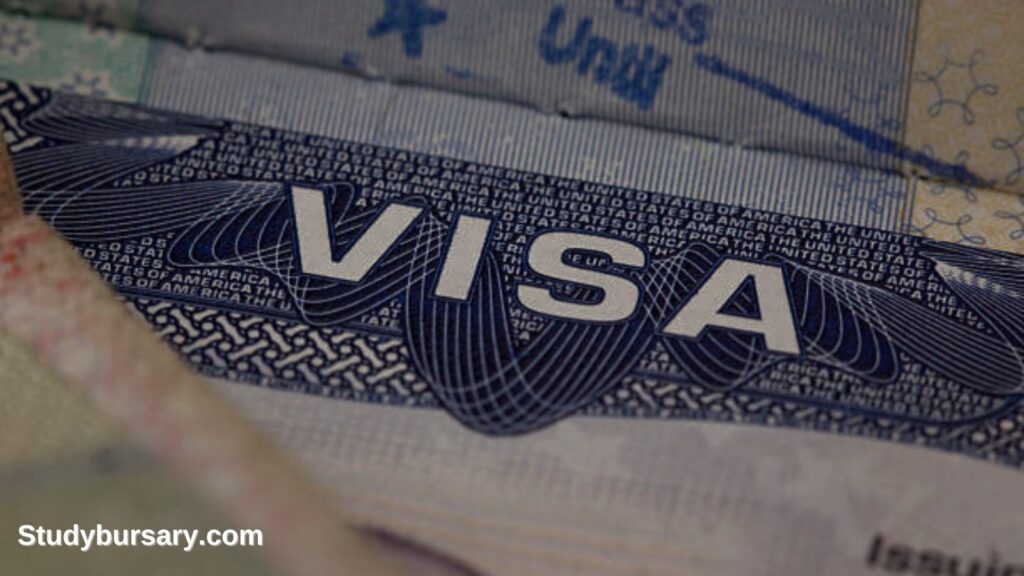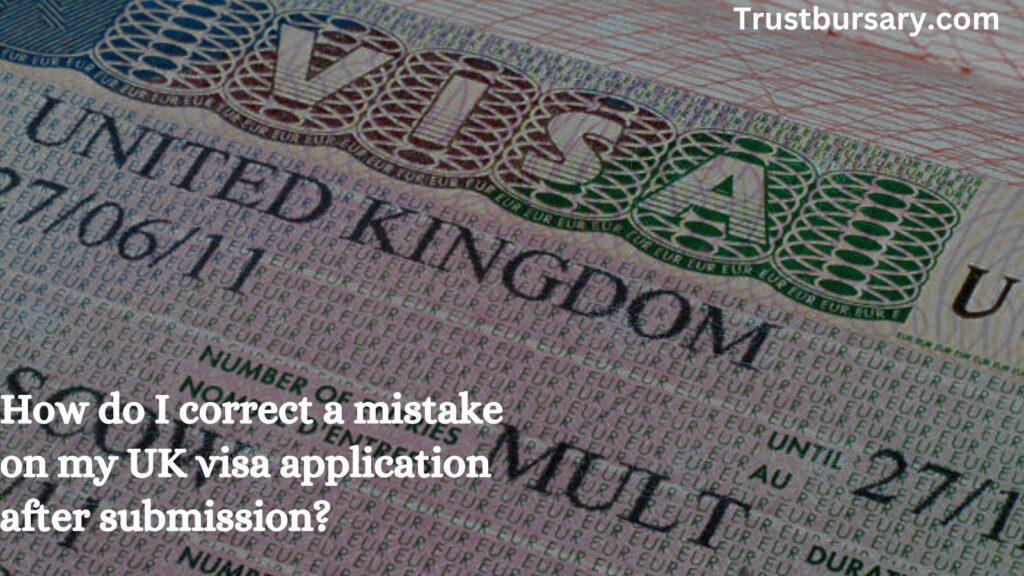If you want to study in Canada as an international student, you need a Canadian student visa.
To get one, you have to fill out the application form, submit all requirements documents and meet other eligibility criteria before your application will be approved by the immigration authorities.
Although Canada is among the countries with high student visa approval rates, many student visa applications still get rejected and there are reasons for that.
Also read: Why Australia is better than Canada for study
One of the things you need to know if your Canadian student visa application gets rejected is that there is a reason for the rejection.
Canadian immigration authorities will never reject your application without a reason.
The reason is usually stated in the rejection notification that you will receive.
If you want to apply for a Canadian student visa, I know you don’t want to face rejection – no one does.
Also read: How do I correct a mistake on my UK visa application after submission?
We all hate visa rejections so to avoid getting rejected when you apply for your visa, follow the tips here – this article will show you the things you need to do to avoid Canada student visa refusal.
How to avoid Canada student visa refusal
If you want to avoid Canada student visa refusal, ensure you do the following before submitting your application.
Also read: How to check visa application status in Australia
-
Understand the basics before starting your application
a). Check if your school is approved to host international students: Before you apply for a Canada student visa, you must have been granted admission to study in Canada.
It is with your acceptance letter that you apply for a visa, and make sure that your academic program and institution are recognized by Canadian authorities and meet the eligibility criteria to admit international students.
Look the intuition up on the Designated Learning Institution list, are they there? If they are not there, you should be worried.
Also read: How can I get scholarship to study in Canada
You can’t be granted a visa to study in an institution in Canada (as an international student) if your school is not on the DLI.
A DLI is a school that is approved to host international students by a provincial or territorial government in Canada.
If the school that offered you admission is not on this list, do not proceed with your visa application.
Also read: Benefits of studying in the USA for international students
With that said, you can barely see a school that is not approved by any authority admit international students.
b). Financial preparedness: One of the common reasons for visa refusal is insufficient funds.
Canada requires proof that you can financially support yourself during your studies.
You need to provide detailed information about your financial situation, including tuition fees, living expenses, and any available scholarships or sponsorships.
The more detailed the better your chances of getting your visa approved, if the immigration officer isn’t convinced about your financial capacity, your visa application will be refused.
-
Documentation Checklist
a). Submit an accurate and complete application form: To get your visa, you need to Fill out the application form, ensure you do this with precision and make sure that all the information you provide is accurate and up-to-date.
Any inconsistencies or inaccuracies will lead to a visa refusal – that’s how it works.
b). Acceptance letter from Designated Learning Institution (DLI): To be eligible for a Canadian student visa, you must have an acceptance letter from a designated learning institution (DLI).
Also read: Is life easy for international students in Canada
As we already said, make sure your chosen institution is on the DLI list before applying and if they are, get your acceptance letter.
Your letter is proof that a university or college in Canada has accepted you to be their student for the period of your program.
c). Include proof of your language proficiency: Depending on your circumstances, you may need to prove your language proficiency by taking an approved language test such as IELTS or TOEFL.
If the test is required from you, make sure you submit the test results along with your application.
It is a way to demonstrate your ability to study in an English or French-speaking environment.
d). You need a valid passport: This is very important – you can’t do without it. Ensure that your passport is valid for the duration of your intended stay in Canada.
If your passport is set to expire soon, renew it before submitting your visa application.
Do not under any circumstances submit a passport detail that won’t be active till the end of your scheduled stay in Canada.
-
Financial documentation
a). Proof of funds: You MUST provide detailed financial documents, including bank statements, to demonstrate that you can cover your tuition fees, living expenses, and return transportation.
Ensure that the documents are recent, genuine, and reflect the required minimum funds.
b). GIC (Guaranteed Investment Certificate): Some provinces in Canada require students to purchase a GIC as proof of financial stability.
You need to know the requirements in the province you intend to study in and comply accordingly.
c). Education Loan: If you are funding your education through a loan, you MUST provide a comprehensive loan approval letter from a recognized financial institution.
-
Immigration history
a). Previous travel history: You also have to display a clear and accurate travel history.
If you have travelled to other countries, ensure that your records are well-documented and that you have complied with the immigration regulations of those countries.
b). Previous visa denials: If you have previously faced visa denials, be transparent about it
Provide explanations and additional documents to address the concerns raised during the previous application process.
Also read: What are the requirements for a study permit in Canada?
The trick to avoiding Canada student visa refusal is being truthful with the information you are providing in your application.
Conclusion
To successfully get a Canadian student, you must first, meet all the requirements – be accepted to study in Canada by a designated learning institution, and submit accurate information about yourself, your education history, family background, financial status and plans in Canada.
Among all the requirements, demonstrating that you have a history of obeying visa regulations and your financial stability is very important, you can significantly increase your chances of avoiding visa refusal with a good travel and financial record.



